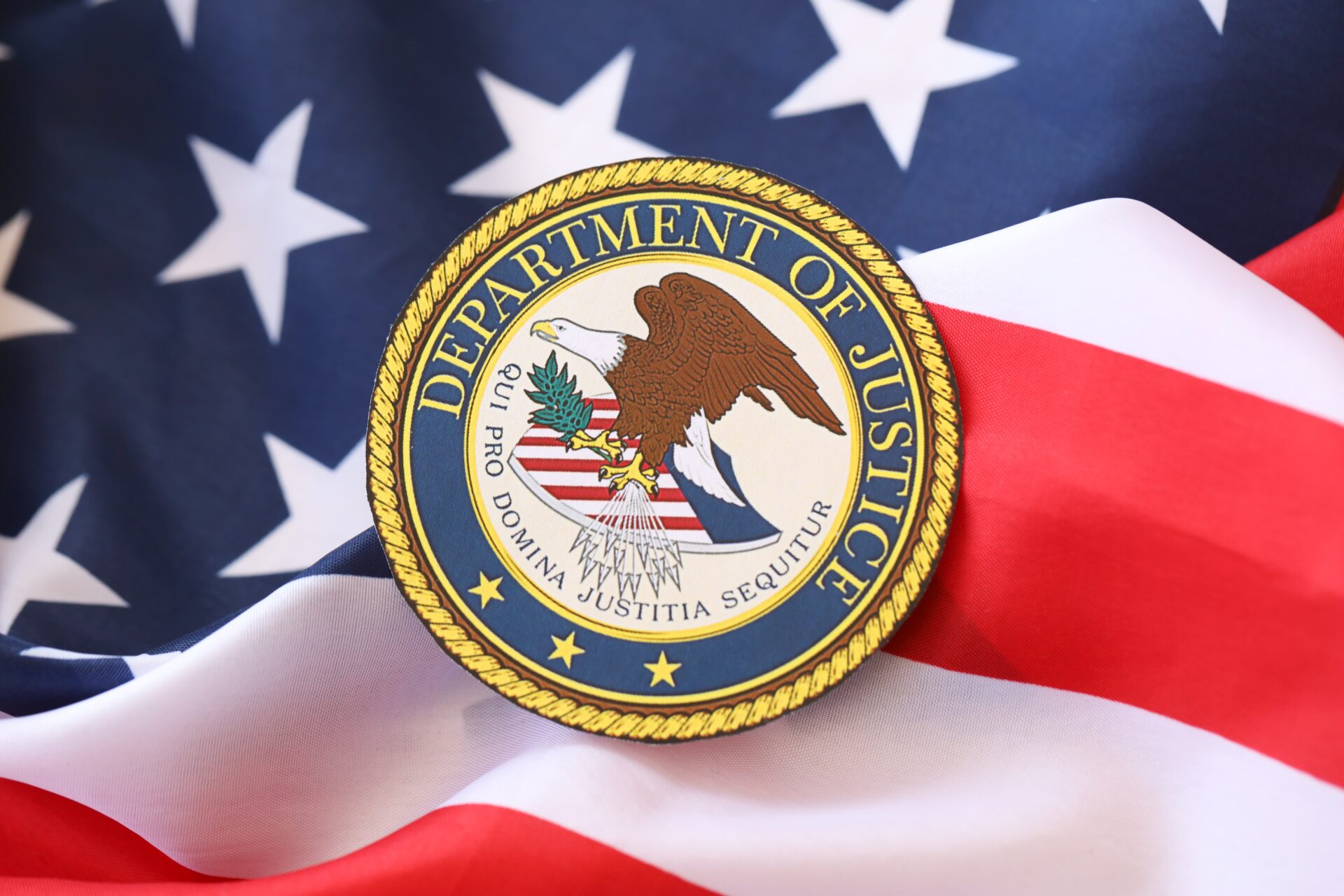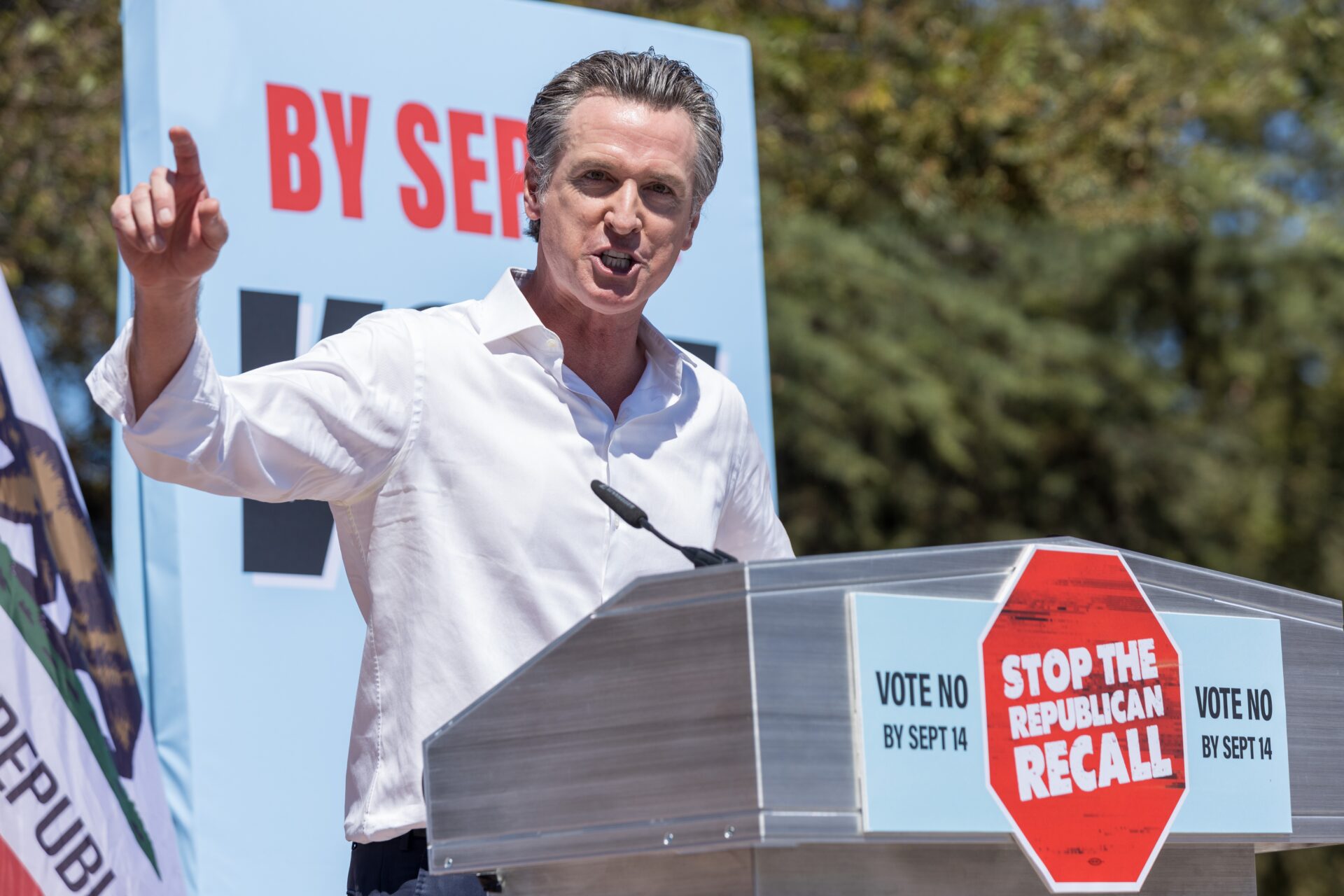
Ukraine ERUPTS Over Anti-Corruption Law!
Ukrainians are taking to the streets in a massive wave of dissent, challenging the very future of their nation’s democratic integrity.
At a Glance
- Protests erupted across Ukraine after President Zelensky signed a controversial anti-corruption bill into law.
- The new law threatens the independence of key anti-corruption agencies, raising concerns among Western allies.
- Demonstrators are defying martial law to demand the repeal of the bill, fearing authoritarian backsliding.
- Western officials warn that the law could jeopardize Ukraine’s EU accession talks and international support.
The Controversial Legislation
The streets of Ukraine are alive with the fervent cries of citizens demanding justice and transparency. The discontent stems from the recent passage of a law that many believe poses a dire threat to the nation’s anti-corruption framework. Ukraine’s parliament passed Bill No. 12414, granting the Prosecutor General’s Office extensive powers to reassign cases and prosecutors, effectively undermining the independence of the National Anti-Corruption Bureau of Ukraine (NABU) and the Specialised Anti-Corruption Prosecutor’s Office (SAPO).
This controversial bill was rushed through the legislative process with minimal public debate, a tactic that critics argue is a blatant attempt to curtail the agencies’ ability to hold high-level officials accountable. In a nation struggling to maintain its Western alignment amidst ongoing conflict, such a move is seen as a potential regression to pre-2014 authoritarian practices.
Watch: Protest in Ukraine as Zelenskyy signs bill weakening anti-corruption agencies
Protests and Public Outcry
Following the bill’s signing into law on July 22, 2025, protests erupted in major cities including Kyiv, Odesa, Lviv, and Dnipro. Thousands of Ukrainians, defying martial law restrictions, have taken to the streets, demanding the repeal of the law. The demonstrators, reminiscent of the Euromaidan movement, are calling for the preservation of democratic reforms hard-won over the past decade.
President Zelensky, facing intense domestic and international pressure, argues that the law is necessary to streamline anti-corruption efforts and root out “Russian influence” within these agencies. However, this justification is met with skepticism as critics assert that the law is more about consolidating control than combating corruption. The protests signify a profound loss of trust in the government’s commitment to genuine reform.
Western Concerns and Implications
Western allies have not remained silent in the face of these developments. EU Enlargement Commissioner Marta Kos and other officials have expressed “serious concern” over the potential implications of the new law. There is a palpable fear that this could derail Ukraine’s EU accession talks and lead to a reduction in crucial Western aid and financial support. Such outcomes could have severe repercussions for Ukraine’s wartime economy and its long-term reconstruction efforts.
The international community views the erosion of these anti-corruption institutions as a betrayal of Ukraine’s democratic trajectory. The risk of alienating key allies during a time of war only compounds the potential geopolitical consequences of this legislative action.
Future Prospects and Challenges
As protests continue to gain momentum, the Ukrainian government finds itself at a crossroads. While President Zelensky has promised to address public concerns through institutional reforms, there is little indication of any intention to repeal the law. The ongoing unrest underscores the deep societal divisions and the urgent need for genuine dialogue between the government and its citizens.
For Ukraine, the stakes are high. The nation’s future as a democratic state hangs in the balance, and the actions taken in the coming weeks will undoubtedly shape its path forward. The protests serve as a powerful reminder of the enduring spirit of the Ukrainian people, who remain committed to safeguarding their democratic values even in the face of adversity.


